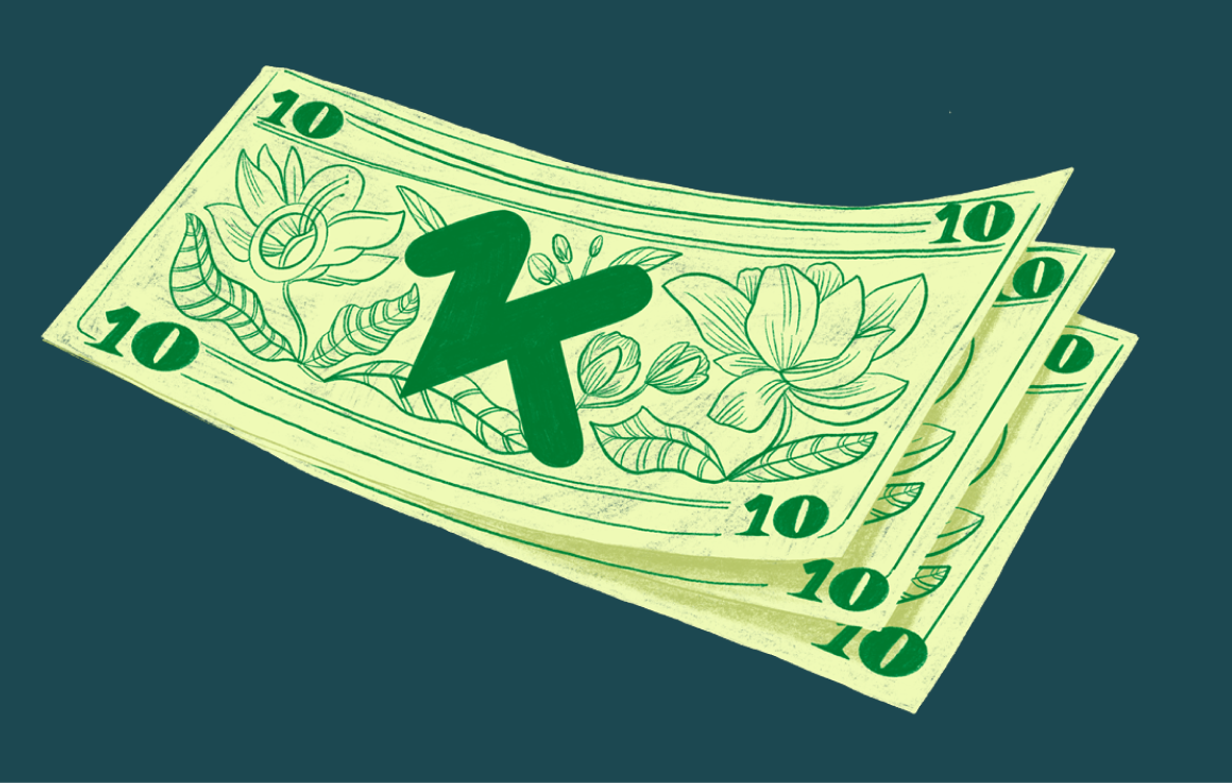Get up to $250 interest-free right when you need it
Earned wage access (EWA) is a service that lets workers get part of their paycheque early, before the usual payday.
Instead of waiting two weeks or a month, you can tap into wages you’ve already earned, often for a small or no fee. It’s sometimes called on-demand pay or instant pay.
How Earned Wage Access Works
While the exact setup depends on the provider, EWA generally works like this:
Your employer partners with an EWA provider.
The service connects to payroll and tracks how much you’ve earned in the current pay period.
You can withdraw a portion of those earned wages before payday, usually via app.
On payday, the amount you took early is deducted automatically from your paycheque.
People use it to cover unexpected expenses or cash gaps without resorting to high-interest payday loans.
KOHO Cash Advance
Traditional earned wage access is usually set up through your employer.
With KOHO Cash Advance, you can:
Get an interest-free cash advance up to $250
Pay no interest—just a small monthly subscription fee
Access money instantly in app when an unexpected bill hits
Have repayment handled automatically when you add money or get paid
Get extras like a free credit report, financial coaching, and priority support as part of the bundle
It’s designed as a safer, more transparent alternative to payday loans and credit card cash advances, while still giving you that “early money” feel when you need it.
Using Earned Wage Access Responsibly
Whether it’s classic earned wage access through an employer or KOHO’s cash advance:
Treat it as a tool for the occasional gap, not a permanent solution
Keep an eye on how often you’re tapping into future pay
Pair it with a budget and small emergency fund so you rely on advances less over time

About the author
Quan works as a Junior SEO Specialist, helping websites grow through organic search. He loves the world of finance and investing. When he’s not working, he stays active at the gym, trains Muay Thai, plays soccer, and goes swimming.
Read more about this author